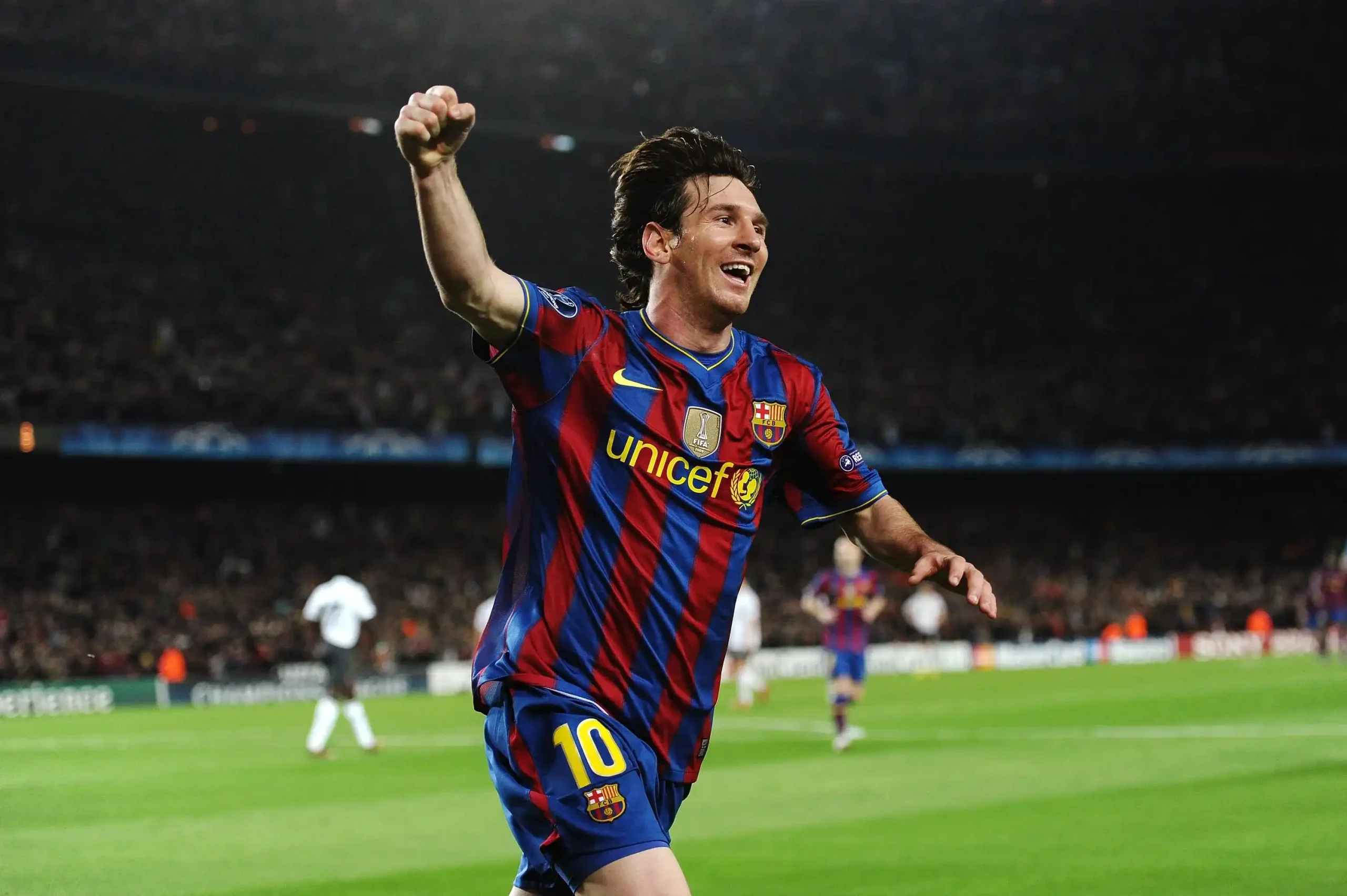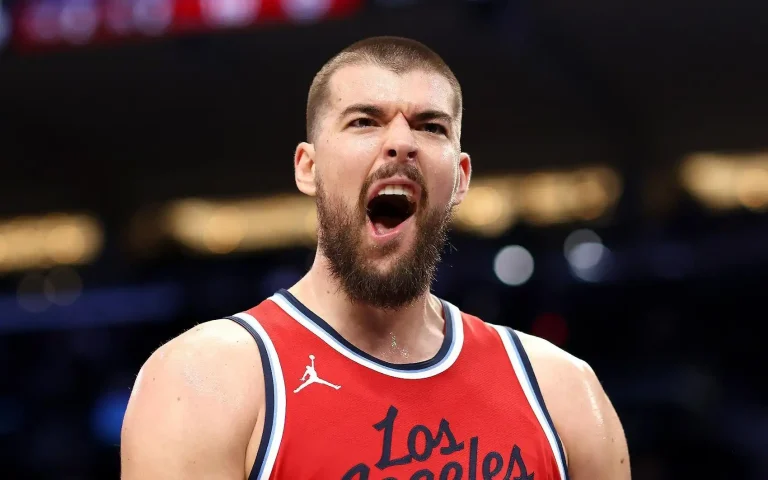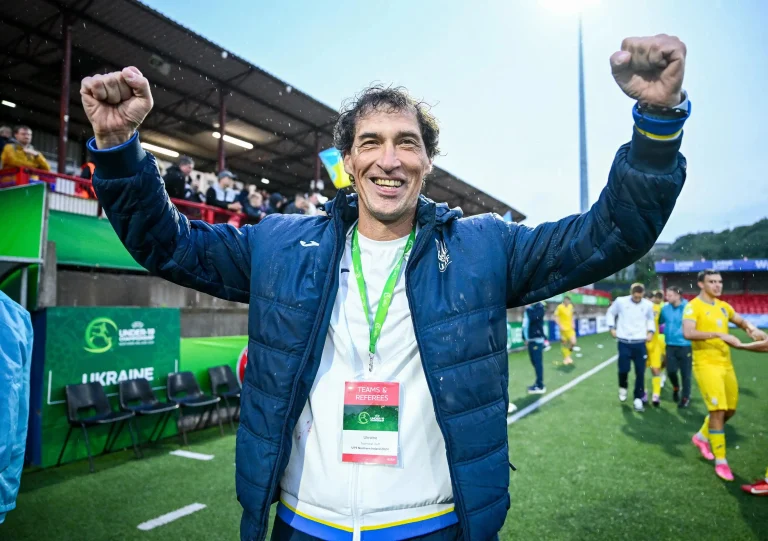Horacio Gaggioli wondered if he’d been catfished. He’d heard stories of the soccer swindler Carlos Kaiser using mobile-phone deception, fake articles and a fistfight with a fan to forge a long career, of Zivko Lukic hoodwinking Paris Saint-Germain, and of Ali Dia duping Southampton manager Graeme Souness into thinking he was George Weah’s cousin. Had the esteemed agent now fallen victim?
Gaggioli had travelled to El Prat airport, 25 years ago today, to welcome a kid he’d been promised was “the next big thing” to Barcelona. The next big thing, it turned out, was atomic, barely taller than the suitcase he hid behind to cover cyclopean shyness.
“He was exceptionally small,” said Gaggioli. “His leg looked like a finger. I thought there was no way he could play football. I thought they’d snap his legs.”
Lionel Andres Messi has just been on an aeroplane for only the second time in his 13-year life. It had been a turbulent, 13-hour flight. The Rosario native had been unable to sleep and felt too sick to eat. Yet Josep Maria Minguella, another agent, had arranged for him to train with the Barcelona youth team later that same day. When he shrunk into the dressing room, there were looks of incredulity.
“We all wondered how this kid could possibly hold his own,” explained Cesc Fabregas. “He was very, very small. He was also extremely shy, he didn’t say a word.”
Messi was merely 4ft 6ins. Gerard Pique was over a foot taller. “I guess we’d written this kid off before he’d kicked a ball,” recalled Pique. “Then he kicked a ball. The doubts were gone.”
Charly Rexach, Barcelona’s former playmaker and then technical director, was in Sydney, watching the club’s prospects Carles Puyol, Xavi and Gabri perform at the Men’s Olympic Football Tournament – they finished runners-up to Lauren, Patrick Mboma, Samuel Eto’o and Cameroon – and scouting players. A game was therefore scheduled two weeks later for the 53-year-old to scrutinise Messi.
“After two minutes, I had seen enough,” Rexach recalled. “I said, ‘We have to sign this kid right now’.”
Rexach’s superiors were, nevertheless, unconvinced. A paediatric endocrinologist Barcelona consulted insisted they’d need to put Messi through growth-hormone therapy. They’d need to pay his father Jorge a salary. They questioned whether such a shy kid – Messi was known as ‘El Mudo’ (‘The Mute One’) by his team-mates – would ever settle in a foreign country.
After a couple of months of trying and failing to persuade the Barça shot-callers to take the risk, Rexach decided, with the player’s family getting restless, he’d play casino for them.
He met Gaggioli and Minguella for lunch at Pompeia Tennis Club. “We’ll take him elsewhere,” warned the former. “Jorge [Messi] has even mentioned Madrid.”
Instinctively, Rexach grabbed a napkin, asked a waiter for a pen, and scribbled in blue ballpoint: “In Barcelona, on Dec. 14, 2000, in the presence of Minguella and Horacio, Carles Rexach, FC Barcelona’s sporting director, hereby agrees, under his responsibility and regardless of any dissenting opinions, to sign the player Lionel Messi provided that we keep to the amounts agreed upon.” It was duly signed by Rexach, Gaggioli and Minguella.
“I knew I wasn’t following protocol,” said Rexach. “I had signed it, there were witnesses. I’d done something I shouldn’t have done in my position, but I was taking full responsibility.”
Messi went on to spend over two decades at Barcelona, including 17 seasons in the first-team squad. During that time Culés were wowed by mind-blowing dribbles and ludicrous golazos. ‘The Atomic Flea’ inspired Barça to 34 titles, including three FIFA Intercontinental Cups™, four UEFA Champions Leagues and ten La Liga golds.
Gods of the game had blessed Barcelona with their brilliance – Johan Cruyff, Diego Maradona, Ronaldo and Ronaldinho among them – but by the time Messi left Camp Nou in 2021, tears trickling down his face, he was the club’s irrefutable GOAT.
His journey to the Blaugrana throne began with a glare of despair from Gaggioli a quarter-century ago. Looks, as they say, can be deceptive. So, too, can impromptu, unprinted contracts.
Forget Elvis Presley and Colonel Tom Parker penning the legendary ‘Tablecloth Contract’ in Las Vegas. Forget Pele signing for the New York Cosmos on a piece of motel-room paper in Brussels. Forget Tupac Shakur committing himself to Death Row Records via a serviette from the Clinton Correctional Facility’s visiting room. The most consequential categorical commitment was on a Catalonian napkin.
It was ultimately auctioned for almost $1 million. Rexach’s gamble on a one-in-a-billion footballer was worth incalculably more to Futbol Club Barcelona.



